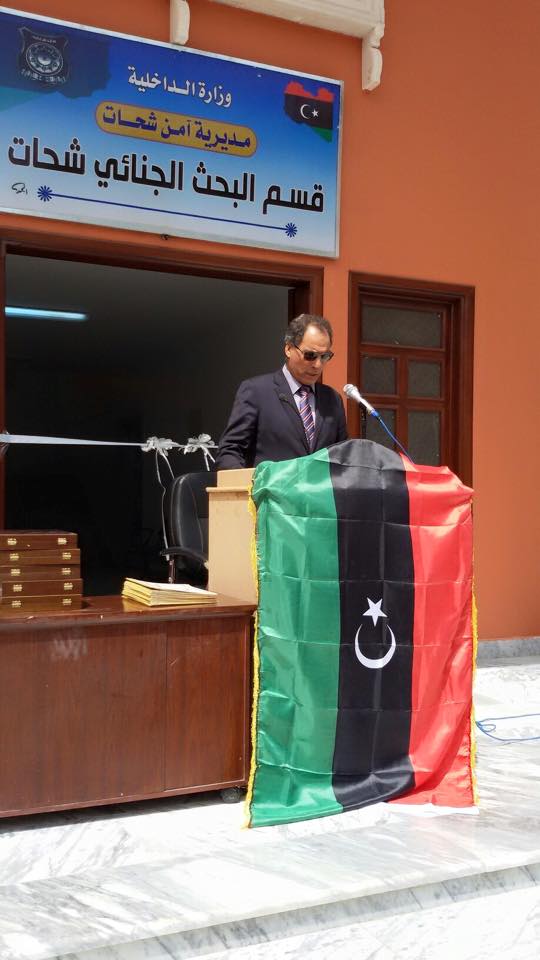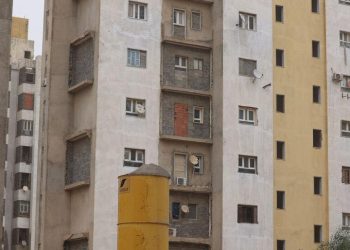By Ajnadin Mustafa.

Tripoli, 2 June 2015:
The bruising battle in the internationally-recognised Thinni government in Beida in over the position of disputed . . .[restrict]Interior Minister Omar Sinki shows no sign of ending.
Following a decision by Sinki to reinstate several hundred police officers who had retired or been forced to leave the service and also to issue a series of promotions, a statement has been issued ostensibly by the Interior Ministry, or at least part of it, saying that as a former minister he no longer has any official position and that security directorates across Libya should ignore his pronouncement.
Prime Minister Abdullah Al-Thinni announced he had sacked Sinki four months ago after the latter publicly attacked Khalifa Hafter. Sinki then appealed to the House of Representatives which, in a move to demonstrate its authority over the government, said that Sinki was still interior minister. Thinni has since insisted that Sinki was sacked and has been working instead with a parallel structure within the Beida-based ministry, involving Deputy Interior Minster Ahmed Ali Baraka and Under-Secretary Mustafa Dabbashi.
In the most recent sign of the split, the police chief in Benghazi, Colonel Mustafa Ragaig, appointed by the Thinni loyalists in the ministry, issued an arrest warrant for Sinki.
However, it has been widely ignored and Sinki has continued to operate as an interior minister independent of the rest of the government. Ten days ago, he was accompanied by various ministry and local security officials when he opened the new criminal investigation department in Shahat.
The split means that there are effectively three interior ministry hierarchies in the country: two as part of the HoR-appointed government and one as part of the administration in Tripoli appointed by the continuing general National Congress.

[/restrict]










